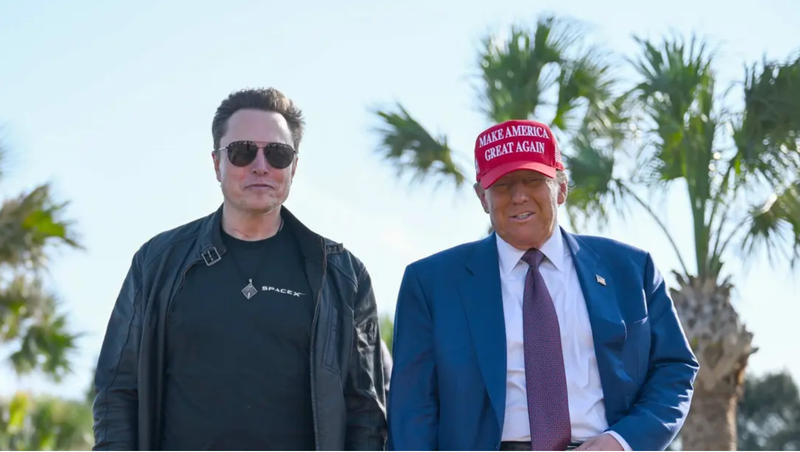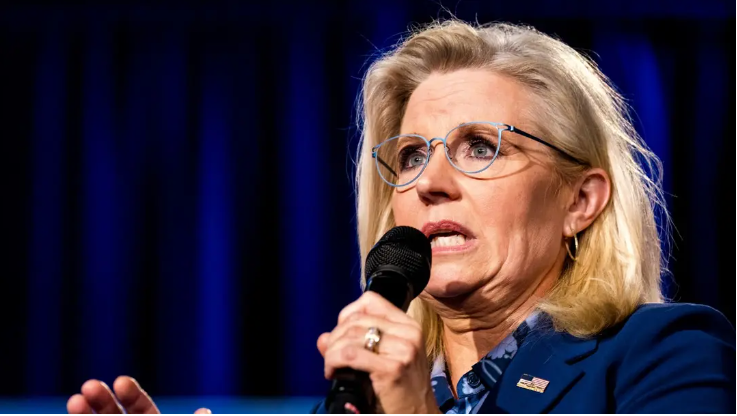Mexico: Another Mayoral Candidate Shot Dead
Alfredo Cabrera, who was running for mayor in the town of Coyuca de Benítez, was gunned down ahead of his closing campaign rally in the Mexican state of Guerrero....
0:00
/1861
Facts
- Alfredo Cabrera, who was running for mayor in the town of Coyuca de Benítez, was gunned down ahead of his closing campaign rally in the Mexican state of Guerrero.1
- The attack at point-blank range on Wednesday reportedly unfolded as Cabrera, the candidate for the opposition coalition, was preparing to address about 300 supporters.2
- Cabrera was at least the 23rd candidate running for local office to be murdered since September, with some non-governmental organizations reporting an even higher toll.3
- His assassination comes a day after mayoral candidate Gilberto Palomar and two members of his staff were shot and hospitalized in the state of Jalisco, and alternate mayoral candidate Ricardo Arizmendi was killed in the Morelos state city of Cuautla.4
- The death toll for the current election cycle remains far from that of the 2018 election, but a local consultancy firm has claimed that this campaign season is the most violent ever when taking into account all acts of intimidation.5
- Mexico's federal government has assigned bodyguards for some 250 candidates, while about 27K soldiers and National Guard members will be deployed to reinforce security during Sunday's elections.6
Sources: 1BBC News, 2New York Post, 3CBS, 4Washington Post, 5Los Angeles Times and 6Al Jazeera.
Narratives
- Narrative A, as provided by Mexico News Daily. It has become quite common in Mexico for criminal organizations to engage in pre-election violence at the municipal level as influence over local power is crucial to their business and much easier to hold than at a state or federal level. This was their latest — but certainly not their last — attempt to get their preferred candidate elected.
- Narrative B, as provided by ReliefWeb. While there is indeed a correlation between gang violence and political violence in some Mexican states, this oversimplification fails to explain how political violence can be high despite relatively low levels of gang-related crimes. Power dynamics and local-level disputes also contribute to this worrisome trend.







